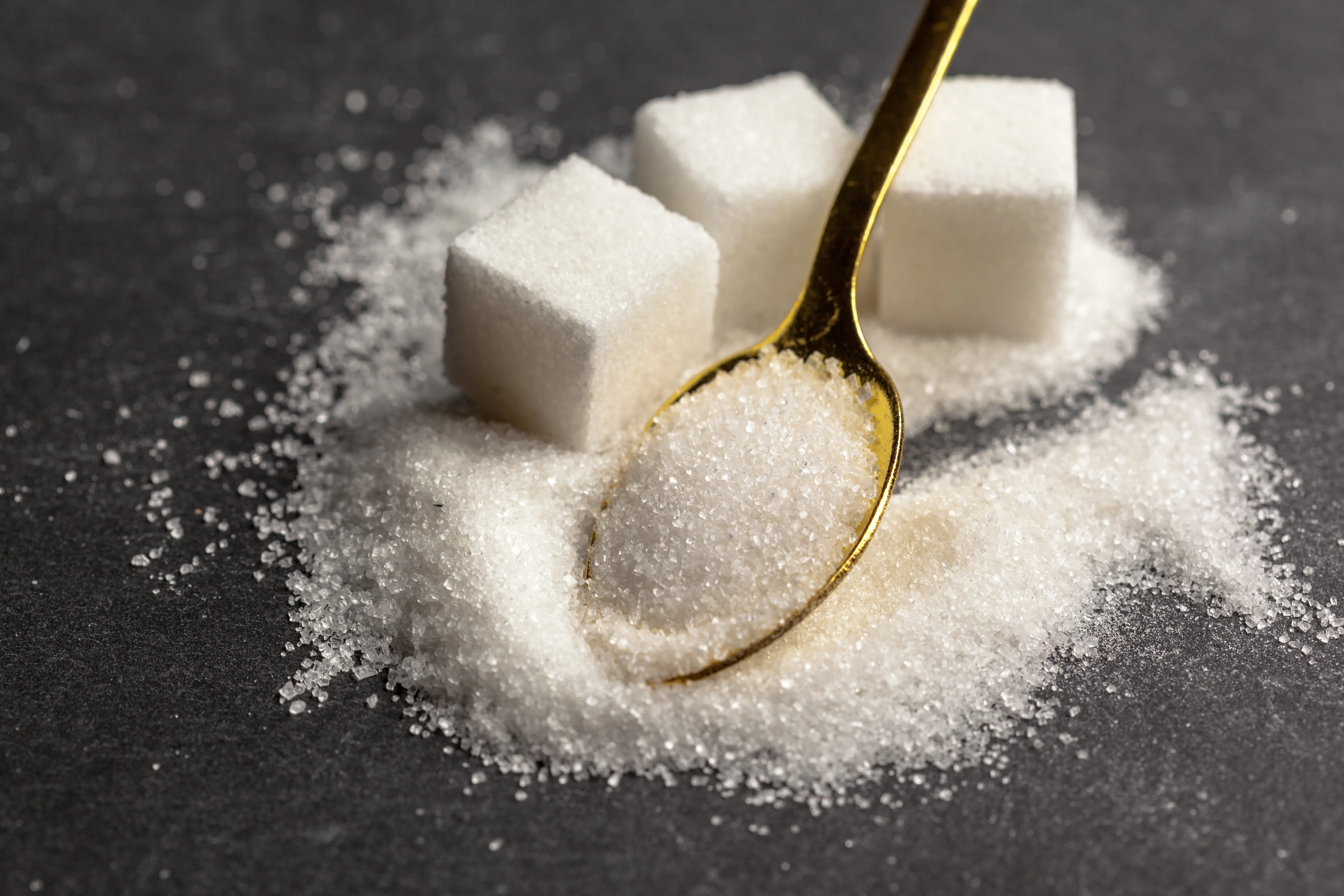What is Sugar?
Sugar, primarily sucrose, is a carbohydrate formed from glucose and fructose. While it may not be a food group on its own, it is naturally present in many forms and in a wide range of foods. Sugar itself contains:
- no nutrients
- no protein
- no healthy fats
- no enzymes
What happens when you eat a refined carbohydrate like sugar?
Sugar is considered an “incomplete food,” supplying calories (energy) without any essential nutrients like vitamins, minerals, or fibre. The body, therefore, is forced to use its own reserves of calcium, sodium, potassium and magnesium in healthy cells, to metabolise it.
What is the risk of eating too much sugar?
Gary Taubes, a science journalist, provides a compelling argument as to why sugar is dangerous in his book, The Case Against Sugar. He argues that sugar is a primary driver of chronic diseases like obesity, diabetes, heart disease, and even Alzheimer’s. He also explores sugar’s addictive properties, its impact on insulin resistance, and the sugar industry’s role in downplaying its harms. British scientist John Yudkin, in his classic Pure, White and Deadly: How Sugar Is Killing Us and What We Can Do to Stop It, was one of the first to highlight this relationship between sugar and chronic illnesses.
Another interesting resource is the documentary Sweet Death: How Sugar Is Making Us Sick, which reveals the devastating effects of sugar on short and long-term health, and exposes the food industry's role in downplaying its addictive and disease-driving impact.
Risks of Excessive Sugar Consumption
Weight Gain and Obesity
Sugar is calorie-dense but low in nutrients, which leads to overeating without feeling full.
Type 2 Diabetes
High sugar intake spikes blood sugar levels. As a result, insulin, the hormone needed for metabolising blood sugar, is released too frequently, which can eventually lead to the body developing resistance to insulin (Type 2 diabetes).
Kidney disease
Over time, elevated blood sugar damages the kidneys’ blood vessels, impairing their filtering ability. The high sugar intake, particularly sucrose and fructose, can also increase urinary calcium and oxalate, which promotes formation of kidney stones.
Heart Disease and Cardiovascular diseases
Excessive sugar consumption raises triglyceride levels, contributing to the thickening and hardening of artery walls. It also increases blood pressure, placing additional strain on the heart and blood vessels and, as a result, increases the risk of heart attacks and strokes. Lastly, excessive sugar can cause sugar-induced inflammation which damages blood vessels and impairs circulation.
Fatty Liver Disease
Fructose is metabolised by the liver, and so too much fructose can overwhelm the liver and cause fat buildup, or even liver failure.
Tooth Decay
Sugar feeds oral bacteria, which produce acids that erode tooth enamel and lead to cavity formation. Excessive sugar intake also encourages plaque buildup, which can harden into tartar and lead to gum disease. These issues can progress over time, resulting in tooth decay, increased sensitivity, and, without proper oral hygiene, even tooth loss.
Increased Cancer Risk
Chronic inflammation and insulin resistance from high sugar consumption may promote cancer cell growth, for example Pancreatic cancer. High sugar intake triggers the release of pro-inflammatory molecules like cytokines in the body. Cytokines play a beneficial role in the short term by stimulating cell growth and division for tissue repair. However, a state of chronic inflammation, driven by excessive sugar intake, can promote uncontrolled cell growth, creating a favourable environment for cancer development.
Brain and Mood Effects
Sugar causes blood sugar levels to spike and crash, leading to mood swings and difficulty concentrating. Over time, these fluctuations can contribute to chronic inflammation, which may negatively affect brain health. This ongoing inflammation is linked to an increased risk of developing Alzheimer's disease and dementia, potentially accelerating their progression.
Accelerated Aging
Sugar damages collagen via glycation, reducing skin elasticity, and promotes oxidative stress.
Make some changes!
For a comprehensive approach to wellness, consider incorporating holistic lifestyle changes alongside dietary modifications. For example, cutting back on added sugars, especially when sugar is redundant in a meal, will make a significant difference to your overall health.
Better yet, there are smarter choices than white table sugar. Next time you sweeten your food or drinks, try these alternatives: barley malt, brown rice syrup, or blackstrap molasses. These options offer richer flavour and may provide trace nutrients, making them a more wholesome choice.
I’m excited to share that my next blog on this topic will dive into these sugar alternatives! Stay tuned for some sweet insights on healthier sweetener options that will elevate your wellness journey.
By Hana Starace, Certified Shiatsu & Nutritional Practitioner

